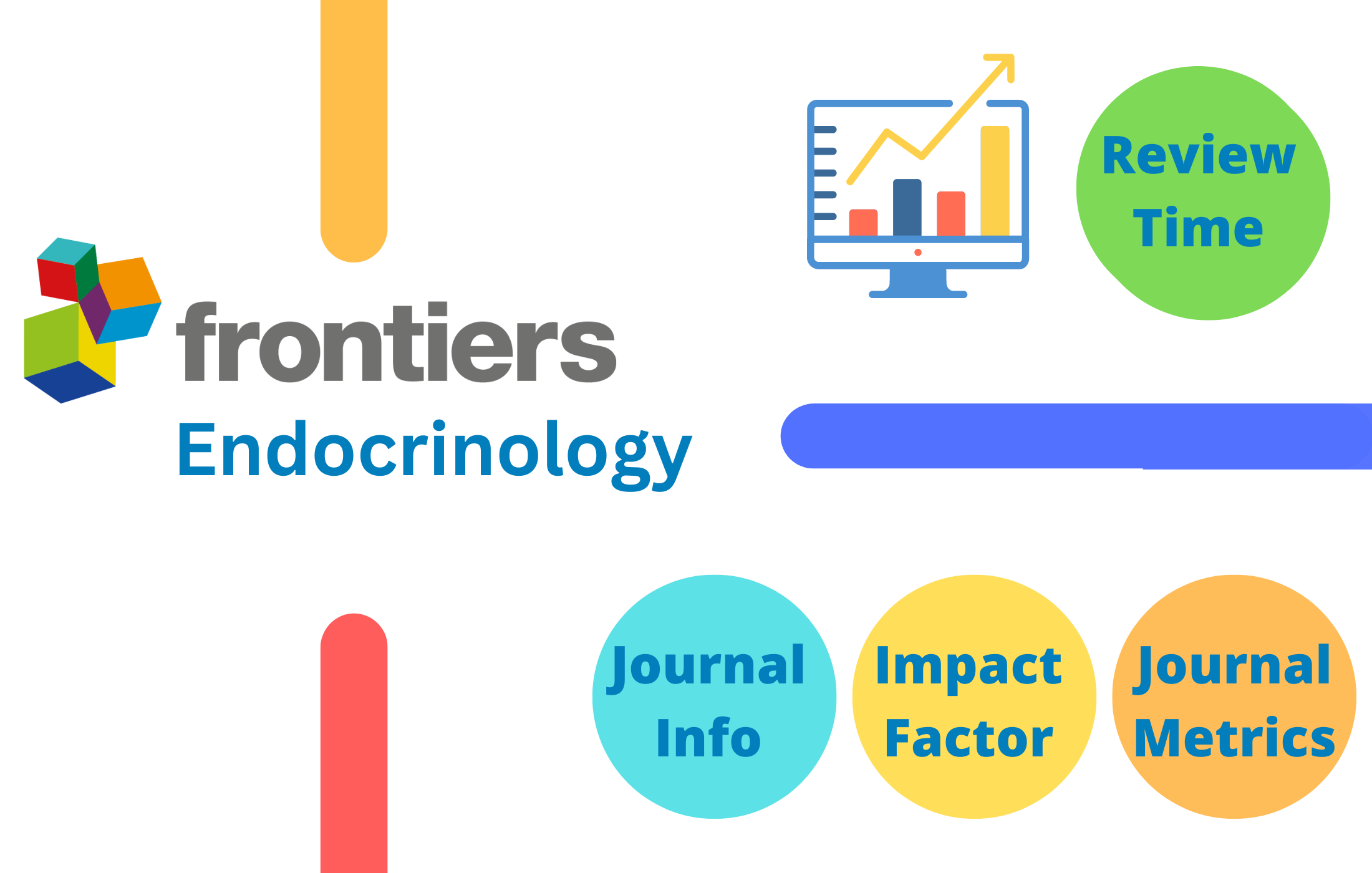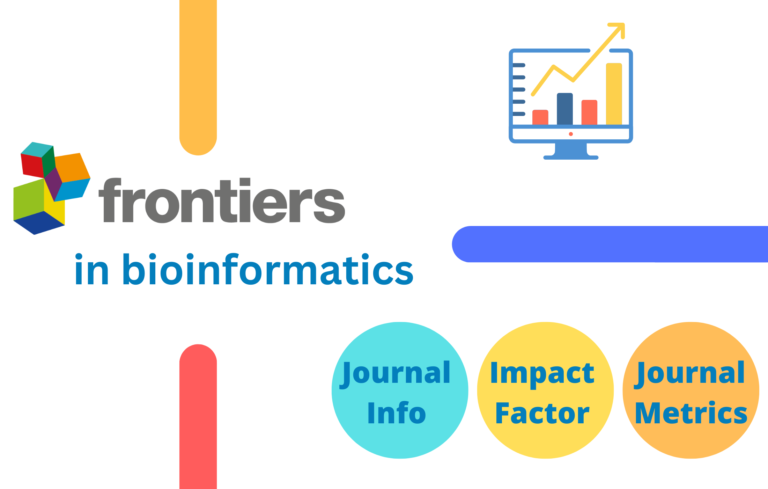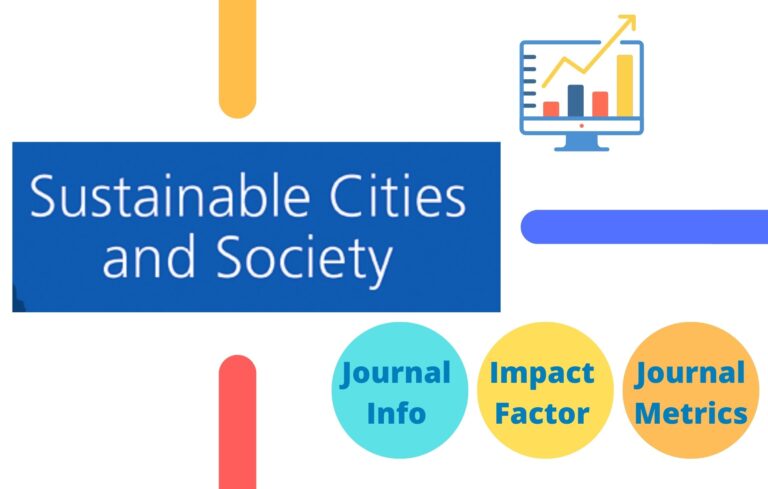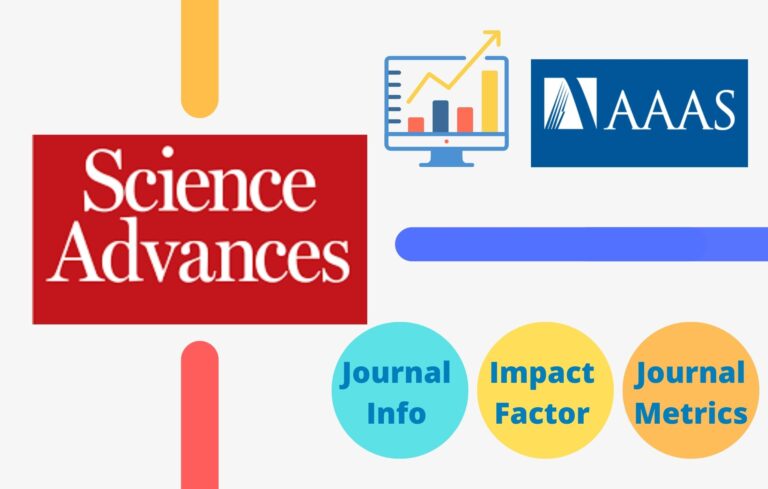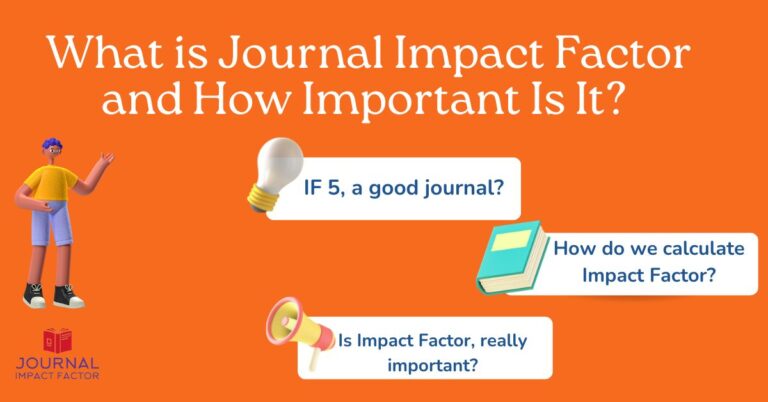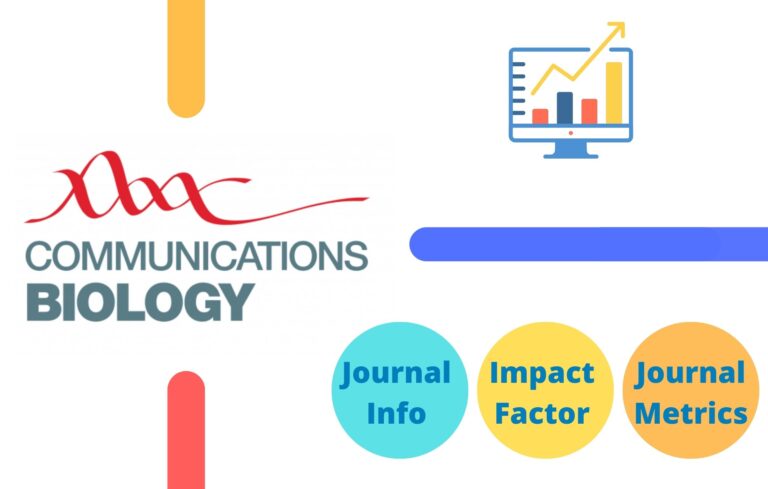In this post, apart from Frontiers in Endocrinology Impact Factor, I have tried to compile all the necessary information a research scholar would seek before publishing an article in the journal.
About Frontiers in Endocrinology Journal
Frontiers in Endocrinology is a is a peer-reviewed open access scientific journal covering all aspects of endocrinology in 15 sections. It was established in 2010 and is published by Frontiers Media.
Frontiers in Endocrinology Impact Factor
Impact Factor (IF) or often called journal impact factor (JIF) is an index provided by an analytics company named Clarivate. The impact factor is calculated by dividing the number of times the articles are cited in the last two years by the total number of publications in those two years.
- Total Citations in 2020 and 2021 = 500
- Total Number of Publications in 2020 and 2021 = 100
- Impact Factor of the Journal in 2022 = 500/100 = 5
Frontiers in Endocrinology Impact Factor (2017-2023)
- Frontiers in Endocrinology Impact Factor 2017 – 3.519
- Frontiers in Endocrinology Impact Factor 2018 – 3.634
- Frontiers in Endocrinology Impact Factor 2019 – 3.644
- Frontiers in Endocrinology Impact Factor 2020 – 5.555
- Frontiers in Endocrinology Impact Factor 2021 – 6.055
- Frontiers in Endocrinology Impact Factor 2022 – 5.2 (updated 29 June 2023)
Frontiers in Endocrinology Impact Factor 2022
Frontiers in Endocrinology H-index
The h index is a metric for evaluating the cumulative impact of an author’s scholarly output and performance; measures quantity with quality by comparing publications to citations.

The h index of Frontiers in Endocrinology Journal is 83, which means among all the published articles in this journal, 83 of these publications have received at least 83 citations each.
Frontiers in Endocrinology Journal Metrics
Frontiers in Endocrinology CiteScore
CiteScore (CS) of an academic journal is a measure reflecting the yearly average number of citations to recent articles published in that journal.
| Cites / Doc. (3 years) | 2018 | 3.731 |
| Cites / Doc. (3 years) | 2019 | 3.670 |
| Cites / Doc. (3 years) | 2020 | 4.903 |
| Cites / Doc. (3 years) | 2021 | 5.828 |
| Cites / Doc. (2 years) | 2018 | 3.572 |
| Cites / Doc. (2 years) | 2019 | 3.565 |
| Cites / Doc. (2 years) | 2020 | 4.910 |
| Cites / Doc. (2 years) | 2021 | 5.364 |
Frontiers in Endocrinology SCImago Rank
The SCImago Journal Rank (SJR) indicator is a measure of the scientific influence of scholarly journals that accounts for both the number of citations received by a journal and the importance or prestige of the journals where the citations come from.
| Year | SCImago Journal Rank (SJR) |
|---|---|
| 2018 | 1.344 |
| 2019 | 1.310 |
| 2020 | 1.518 |
| 2021 | 1.375 |
Frontiers in Endocrinology Editorial Board Members
- Field Chief Editor | Jeff M P Holly
A complete list of Editorial Board members can be found here
Frontiers in Endocrinology Publication Fee (APC)
| Journal | A Type Articles | B Type Articles | C Type Articles | D Type Articles |
|---|---|---|---|---|
| Frontiers in Nutrition | US$ 3,225 | US$ 2,020 | US$ 490 | Free |
A-Type Articles: Original Research, Systematic Review, Methods, Review, Policy and Practice Reviews, Hypothesis & Theory, Technology and Code
B-Type Articles: Mini Review, Perspective, Brief Research Report
C-Type Articles: Data Report, General Commentary, Opinion
D-Type Articles: Correction, Editorial.
Frontiers in Endocrinology Review Time
Frontiers in Endocrinology prioritize rapid publication and uses single-blind peer review
| Decision time immediate rejection | Within 7 days |
| Duration of first review round | Around 1-2 months |
| Accepted to publishing time | Around 32 days |
| Total handling time accepted manuscripts | Around 77 days |
Frontiers in Endocrinology Reference Style
Frontiers in Endocrinology use Vancouver (Numbered).
Vancouver Reference Style
ARTICLE IN A PRINT JOURNAL
Sondheimer N, Lindquist S. Rnq1: an epigenetic modifier of protein function in yeast. Mol Cell (2000) 5:163-72.
ARTICLE IN AN ONLINE JOURNAL
Tahimic CGT, Wang Y, Bikle DD. Anabolic effects of IGF-1 signaling on the skeleton. Front Endocrinol (2013) 4:6. doi: 10.3389/fendo.2013.00006
ARTICLE OR CHAPTER IN A BOOK
Sorenson PW, Caprio JC. “Chemoreception,”. In: Evans DH, editor. The Physiology of Fishes. Boca Raton, FL: CRC Press (1998). p. 375-405.
BOOK
Cowan WM, Jessell TM, Zipursky SL. Molecular and Cellular Approaches to Neural Development. New York: Oxford University Press (1997). 345 p.
ABSTRACT
Christensen S, Oppacher F. An analysis of Koza’s computational effort statistic for genetic programming. In: Foster JA, editor. Genetic Programming. EuroGP 2002: Proceedings of the 5th European Conference on Genetic Programming; 2002 Apr 3–5; Kinsdale, Ireland. Berlin: Springer (2002). p. 182–91.
WEBSITE
World Health Organization. E. coli (2018). https://www.who.int/news-room/fact-sheets/detail/e-coli [Accessed March 15, 2018].
PATENT
Pagedas AC, inventor; Ancel Surgical R&D Inc., assignee. Flexible Endoscopic Grasping and Cutting Device and Positioning Tool Assembly. United States patent US 20020103498 (2002).
DATA
Perdiguero P, Venturas M, Cervera MT, Gil L, Collada C. Data from: Massive sequencing of Ulms minor’s transcriptome provides new molecular tools for a genus under the constant threat of Dutch elm disease. Dryad Digital Repository. (2015) http://dx.doi.org/10.5061/dryad.ps837
THESES AND DISSERTATIONS
Smith, J. (2008) Post-structuralist discourse relative to phenomological pursuits in the deconstructivist arena. [dissertation/master’s thesis]. [Chicago (IL)]: University of Chicago
PREPRINT
Smith, J. Title of the document. Preprint repository name [Preprint] (2008). Available at: https://persistent-url (Accessed March 15, 2018).
Frontiers in Endocrinology Reference Style
You can download the Vancouver style here – Frontiers in Endocrinology Endnote Style and Frontiers in Endocrinology Zotero Style
Frontiers in Endocrinology Abbreviation
The ISO 4 standard abbreviation for abstracting, indexing, and referencing purposes of Frontiers in Endocrinology is “Front. Endocrinol.“
Frontiers in Endocrinology Acceptance Rate
The acceptance rate of a journal is the ratio of the number of articles submitted to the number of articles published.
The acceptance rate for 2021 was on average 60% across all Frontiers journals and as low as 21% in some journals.
Frontiers in Endocrinology Indexed in
Science is indexed in Scopus, SCImago, Web of Science, and UGC journal ranking



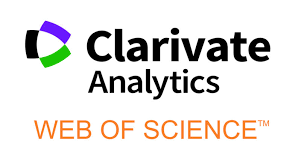
Read More
